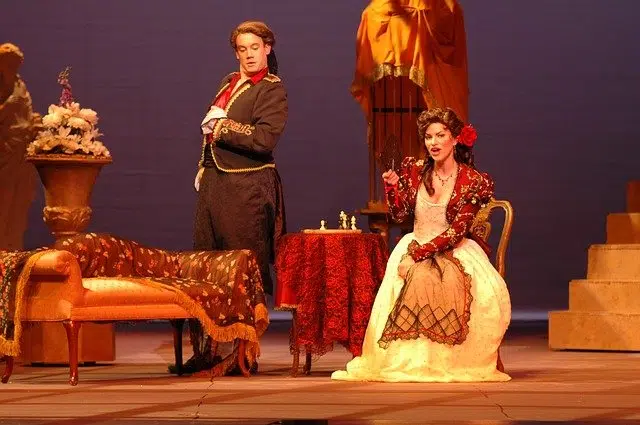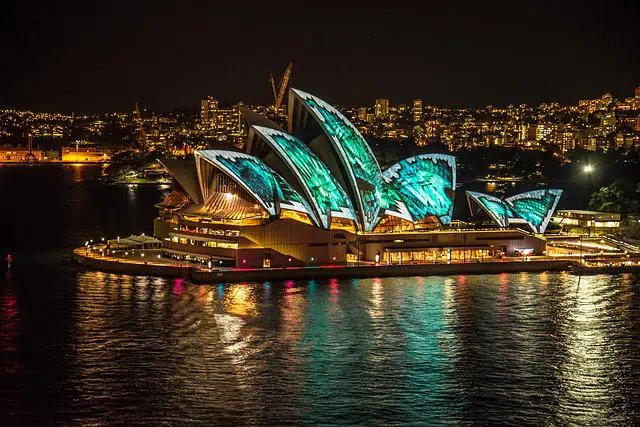
An opera is a theatrical work with sung text and music performed by an orchestra.
Opera comes from the Italian language and refers to the theatrical work whose text is sung with the accompaniment of an orchestra . The term is applied to name the work, the dramatic poem intended for this type of representation, the genre that groups these works, the music typical of the genre and the theater built to represent operas.
For example: "Tonight I'm going to see an opera at the Teatro Colón" , "My dream is to go to the Sydney Opera House" , "Giacomo Puccini is one of the greatest opera composers in history " .
Emergence of the term opera
The concept of opera began to be used around the year 1350 . The genre is part of the tradition of Western classical music and involves various types of compositions, including aria, recitative and song .
Opera can be sung by duos, trios or other formations, and may require the presence of a choir, both for exclusively choral pieces and to accompany certain arias, for example. Over time , several genres linked to opera emerged, although with some particular characteristics, such as the British and American musical , the Spanish zarzuela and the Viennese operetta .
Italy is one of the countries with the greatest tradition in opera. The composers Gioacchino Rossini ( 1792 – 1868 ) and Giuseppe Verdi ( 1813 – 1901 ) and the tenors Enrico Caruso ( 1873 – 1921 ) and Luciano Pavarotti ( 1935 – 2007 ) are some of its main exponents.

The building developed to house this type of artistic manifestation is also known as an opera house.
The operatic culture
When talking about opera, it is impossible to overlook the concept of diva , as well as its male version, divo . These terms have been linked to operatic culture for a long time, considerably distorting the essence of this art form, which is undoubtedly music .
Contrary to what many believe, opera has gone through moments of great fame at a popular level, generating fanaticism and rivalries equivalent, if not of greater intensity, to those that occur today with the most current genres. Thanks to the tireless work of the Italian mezzo-soprano Cecilia Bartoli, gifted with an unmatched voice and a musicality that places her above any of her competitors, many stories have been unearthed about the castrated singers, who (the performer claims) were the first pop stars
Given the absence of audio or video recordings of the great castrati , such as Farinelli or Senesino, it is very difficult to analyze their careers in comparison with those of a current singer, although documents from the time recorded the euphoria that their performances caused. in the public. This is very understandable, since these were voices with superhuman qualities, capable of performing jumps and ornaments that exceed the capabilities of a normal person; but he also questions the prominence of music in his recitals .
live opera
Anyone who has seen a live opera knows that during the several hours of the show, the tension in the atmosphere is palpable; A considerable percentage of the public attends the theater to harshly judge the singers , mainly the tenor and the soprano . Opera does not allow mistakes, no matter how small; A slight out of tune or a last-minute decision to avoid a high note are considered disgraces, insults, and generate an inevitable and regrettable reaction on the part of the audience: booing.
As unfortunate and as predictable as the undeserved applause a superstar receives from his fans, no matter what he does; These favorite people can go out of tune, make cuts in arias or mispronounce Italian. Simply put, opera culture is as human as any other.
The notion linked to rock
The notion of rock opera refers to albums of the rock genre composed of songs that make up a single story.
"Tommy" , by the British group The Who , is often considered the first rock opera. On the other hand, "The Wall" , by Pink Floyd , enjoys great fame worldwide.
